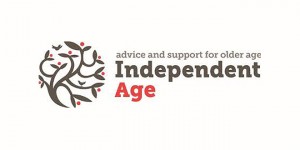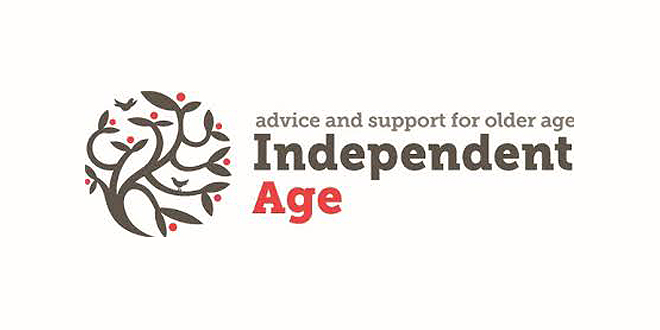Feelings Of Loneliness Worse In Older Women Than Men Following Bereavement, New Survey Reveals
 ~ Independent Age Coping with bereavement guide launches to help older people ~
~ Independent Age Coping with bereavement guide launches to help older people ~
Almost twice as many women aged 65 and over say that feelings of loneliness were the thing they found most difficult following bereavement, compared to men of the same age (30% versus 17% respectively). Meanwhile, one in five (20%) people aged 65 and over who have been bereaved for three or more years still have feelings of loneliness. That’s according to a new survey by older people’s charity, Independent Age, to launch their new, free advice guide called Coping with bereavement: Living with grief and loss.
Other key findings of the Censuswide poll of 2,014 bereaved adults aged 65 and over in the UK found:
- More than half (54%) of respondents experienced feelings of loneliness after being bereaved
- People aged 65 and over feel lonely for an average of eight months after being bereaved, and feelings of loneliness last longest among bereaved people aged 81-85, for an average of one year[1]
- More than one in four (27%) did not turn to anyone for emotional or practical support following the death of a family member. This rises to almost one in three (32%) among men, compared to just under one in five (18%) among women
The survey reveals that older men appear to be less likely than women to speak to people following a bereavement, with more than half (53%) of women agreeing that speaking to friends helped them deal with grief, whereas only around one in three (35%) men felt that speaking to friends helped. One in eleven (9%) older people said that nothing at all helped.
This suggests that many people aged 65 and over, particularly men, may not be using the sources of help and support that are available to them following bereavement.
Almost half (46%) of bereaved older people said that talking about someone who died to people who knew them was one of their preferred ways to remember the deceased. However, there was a big difference in the number of men and women who said they did this, with three in five (60%) female respondents preferring this way of remembering someone, compared to fewer than two in five (38%) men.
When it came to looking after themselves following a bereavement, just one in five (21%) respondents made sure they were getting enough sleep and fewer than one in four (24%) made an effort to eat healthily.
The poll findings reveal that talking about death continues to be a difficult issue with more than three in five (61%) bereaved people aged 65 and over not talking to the person who died about their wishes for after their death.
The top five pieces of advice for someone currently dealing with bereavement from older people who have been bereaved are:
- Keep in touch with friends and family (75%)
- Share your feelings with a person you trust (55%)
- Be aware that there’s no one way or set amount of time to grieve (54%)
- Find your own way to remember the person who died (48%)
- It will take time but it will get better (42%)
One respondent advised: “Do what comes naturally, remembering that there will be good and bad days. There is no such thing as a grieve-by date”.
Janet Morrison, Chief Executive of Independent Age, said, “The poll shows the stark difference in the way that men and women deal with grief. Although women talk more to friends and family about how they’re feeling, they still report greater feelings of loneliness. We know that it’s really important to open up about the death of a loved one and not keep things bottled up or try to remain stoic. Everyone deals with grief in their own way and for some people feelings of grief will never completely go away: there’s no one way or set amount of time to grieve, but we would urge older people to reach out for help and support if they need it. Independent Age’s new, free advice guide – Coping with bereavement – is a great place to start when you don’t know where to turn.”
The new, free guide is designed to help people understand why they might be thinking and feeling a certain way after the death of someone close and offers advice on where to find comfort and support.
The guide provides information and advice on topics such as how you might be feeling, the physical effects of grief, what to expect after the funeral, and where to go for help and emotional support. It provides support to those who have been recently bereaved, as well as offering reassurance about what they’re going through. The charity has also created new webpages with practical advice for what to do after someone dies to accompany the guide, as well as advice on how to help someone who has been bereaved.
Coping with bereavement is completely free to order and download from independentage.org/guide-bereavement or can be ordered by calling 0800 319 6789.
Excluding those who still have feelings of loneliness following bereavement






